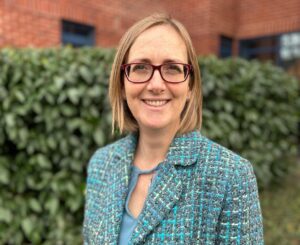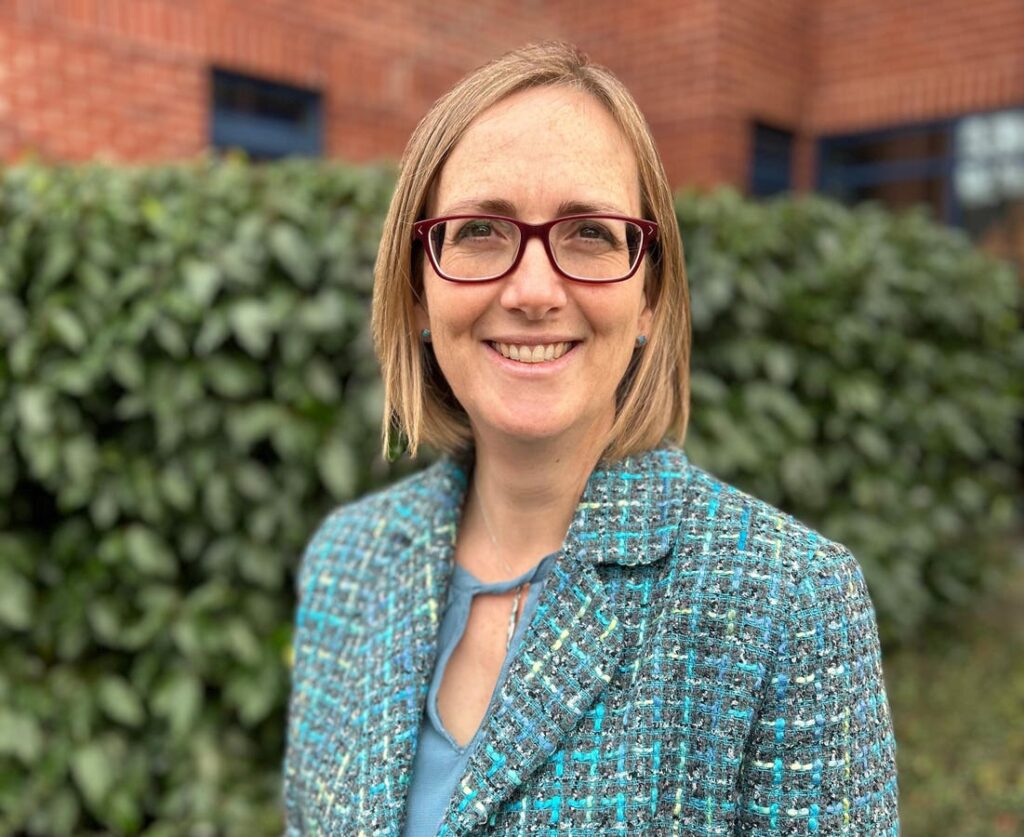“Each company formed represents major progress,” says Dr Mairi Gibbs, CEO of Oxford University Innovation (OUI). “Launching a new business is a non-trivial achievement.”
Oxford University is keen to make the most of its research base, either by licensing intellectual property to corporate partners or encouraging staff and students to embark on the journey that leads from laboratory to commercial marketplace. As the body charged with managing the university’s technology transfer operation, OUI has just published an impact report, assessing its own progress over the past year. Despite a challenging economic backdrop, 15 companies have been created.
So what does that mean for the University and its ability to spawn successful spinouts? When I spoke to Dr Gibbs a few days after the report was published, I was keen to find out more about the University’s ambitions and its approach to assisting research-based businesses to pursue their commercial objectives.
First the figures. Of the 15 businesses cited in the report, there were 10 spinouts, three startups and two social ventures. Between them, they raised £19.5 million in Seed capital. Overall investment in Oxford companies came in at £872 million.
Cautions Investors
Dr Gibbs acknowledges that securing investment has been an issue, particularly in the latter half of 2023 and running into the first few months of this year.
“From September through to March the capital markets were cautious. Spinout formation was nil,” she says. “Things started to ease as we came through the spring. So it was a slow and then avery fast year.”
Looking forward, she expects the investor circumspection to continue. “The global capital markets are still quite slow in terms of IPOs in London and the US. That trickles back, If investors can’t see exit opportunities they have to preserve their capital,” she says. “People are talking of green shoots of recovery but there are no massive trees growing.”
Nevertheless, Dr Gibb is optimistic about the outlook for Oxford spinouts and startups. “The really good companies do raise money,” she says. “ We did a super spinout for Matchbio earlier in the year which raised £4.5 million in seed capital for its immunotherapy work. £4.5 million is really good for a seed round.”
The spinouts and the funding rounds are what we see on the surface when new companies launch, investors commit and press releases are sent out to a waiting world. But Dr Gibbs is keen to stress that any company launch is the “culmination of a lot of work” by the technology transfer team and the founders.
Proactive Team Building
So what does that work involve? Part of it is down to ensuring that investible teams are in place. At the core of any spinout company are the researchers and academics who develop the science. These are usually professors and post-graduates. The former will probably assume consultancy roles when a business is launched or sit on the board as non-executives, while their post-graduate students are likely to take on the mantles of CEOs or CTOs when their time at university is finished.
But around this core there are teams to be built to bring in the commercial expertise. There are a number of initiatives in place. For instance, in partnership with the Said Business School, MBA students are being encouraged by OUI to seek out research that could be commercialized.
“ They are commercially minded and have often had successful careers. We teach them about spinouts and they go out into the university to find academics and researchers to work with,” says Dr Gibbs.
This is work in progress. As things stand, there are a number of teams under construction with – as Dr Gibbs puts it, a “commercial entrepreneur baked in.” However, no companies of this type have launched yet.
Meanwhile, partner organization Oxford Science Enterprises is paying the salaries of entrepreneurs in residences who embed themselves in the university and work on commercial opportunities. “We also have a strong alumni network,” says Dr Gibbs. “We draw shamelessly on our networks.
Looking To The Future
OUI hopes to grow the number of spinouts grow in coming years, although Dr Gibbs stresses there are no set targets. “We don’t chase numbers at any cost. We aim to produce companies. It wouldn’t be good to spawn lots of companies that go bust,” she says.
One eye-catching target that has been set is the creation of a $1 trillion company by 2050. “We need. in the UK, to grow a much more varied and larger economy,” she says. “We don’t have a $ 1 trillion company that has emerged from research in this country. We would really like to see a homegrown mega company.”
There is, of course, only much a university can do to achieve this. As Dr Gibbs acknowledges, spinouts leave the university and forge an independent life. “Companies have to grow on their own terms,” she says. However, we can help by creating great networks of investors and business parks so there is a supportive infrastructure.
This is part of a wider goal to ensure that more companies stay in the UK, creating the high paid jobs of tomorrow, rather than moving to other jurisdictions.
Read the full article here











